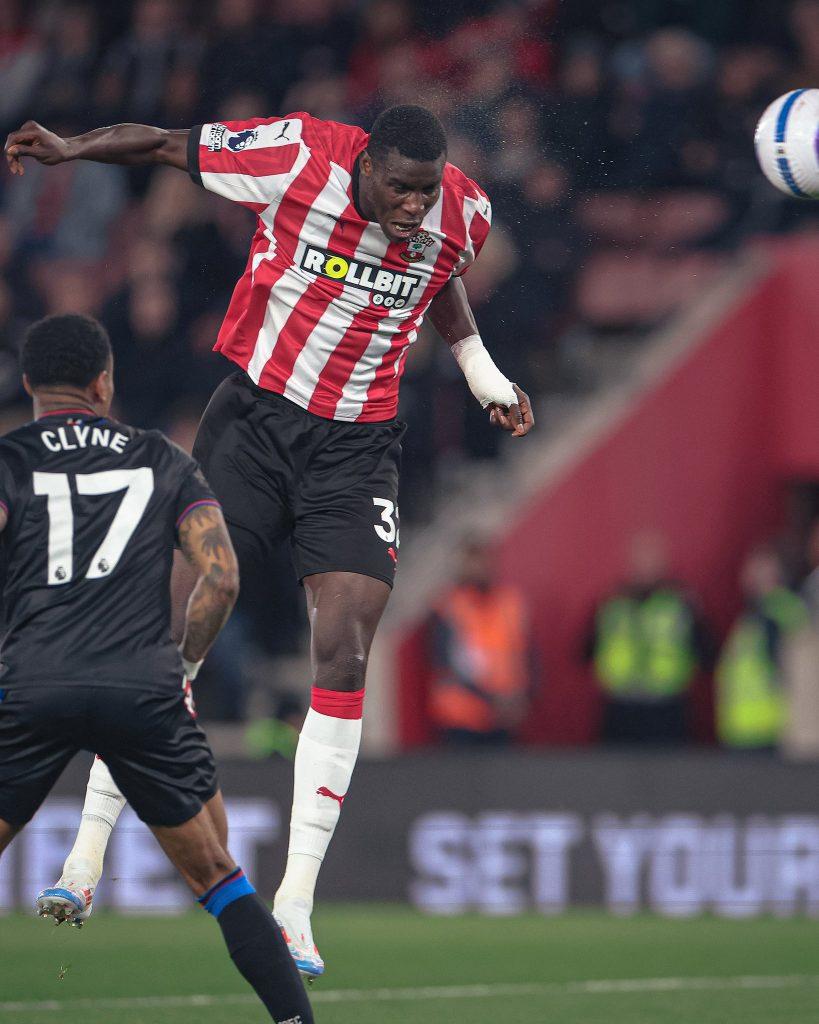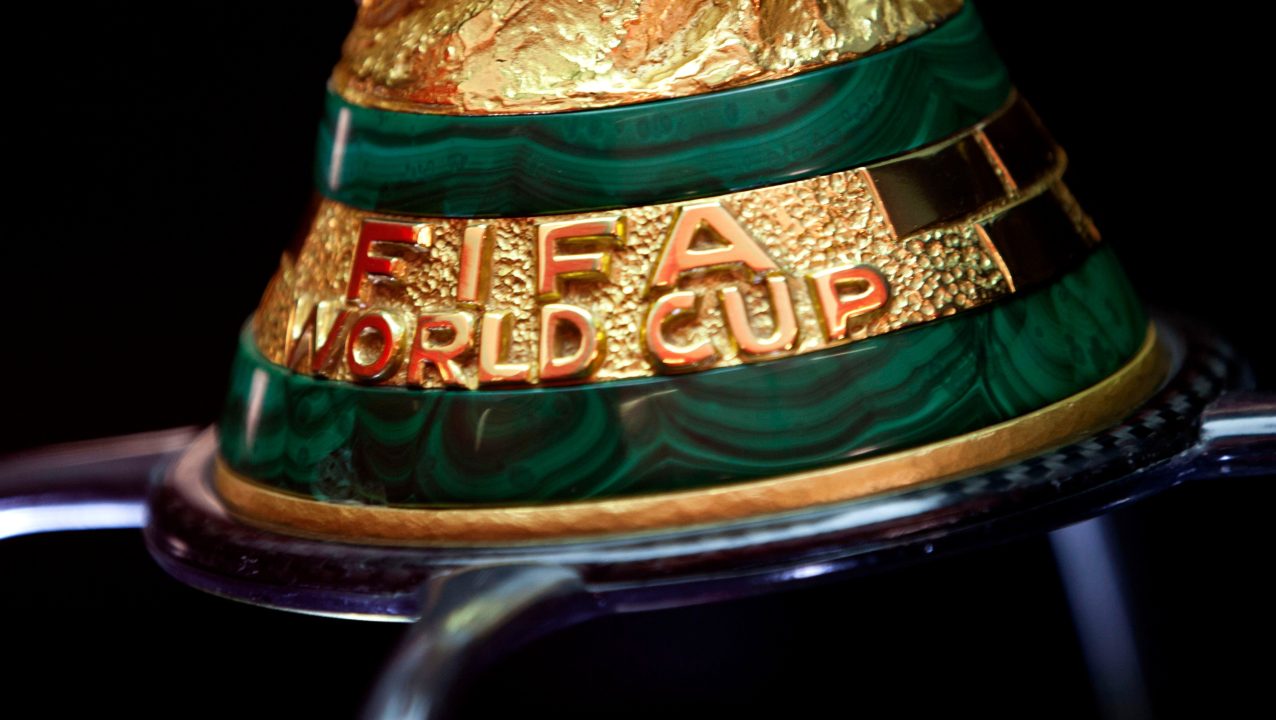
With the incredibly sad death of actor Val Kilmer , Hollywood has lost yet another of its effortless icons from the 20th century, a regrettably underappreciated one at that. Iconography can become a lazy term when trying to size up what makes a movie star special, but Kilmer always felt of a rare breed. He really was an unheralded icon .
While he was at or around the center of Hollywood for multiple decades, he never felt properly hailed in his time. Sure, it's hard to argue that a man who played Batman, Doc Holliday, Lt. Tom "Iceman" Kazansky, Jim Morrison, Chris Shiherlis, Chris Knight, Perry Van Shrikem, Philip II of Macedon and the great swordsman Madmartigan has been somehow lost to pop culture's collective memory, but Kilmer's unassuming radiance was always easy to take for granted.

He never quite got to the sustained peak of fame that his peers like Tom Cruise and Brad Pitt reached, but he was always playing at their level. During the 1990s, it's fair to argue Kilmer really was one of the best actors working. He arguably could've won two Oscars for playing Morrison and Holliday if the Academy had been more receptive to those overall films.
Holliday in particular is one of the all-time great supporting performances in a blockbuster. His Batman film looks better and better as time goes on, too, as the morass of bland Marvel films makes you long for the weird, wacky Gotham Joel Schumacher built. Sure, Kilmer wasn't crazy about the movie, but he later admitted that: "It’s so bad, it’s almost good.
” He was being far, far too modest: it's actually quite good in the rearview mirror. Sure, Kilmer gained a reputation for being difficult on sets during his prime, but he gracefully dealt with his legacy in the affecting 2021 documentary Val . That scrapbook of a life's reflection came with an open heart and seemingly few stones left unturned, and it gave us a much more humanizing foundation to the stories that long followed him.
Kilmer never allowed himself to be easily labeled as an actor, working across vast spectrums of drama, comedy, action and beyond. After all, his breakthrough role was an Abrams/Zucker Cold War parody, Top Secret! , and his latter years led him in directions as silly as an SNL movie ( MacGruber ), as experimental as a late-stage Francis Ford Coppola gothic horror ( Twixt ) and as absolutely unhinged as Werner Herzog's Bad Lieutenant: Port of Call New Orleans . Kilmer was both a working actor through and through and a genuinely unpredictable presence for where he might show up next.
He really was an artist. Just look at the last decade. In 2012, he did a direct-to-video Wyatt Earp film and starred in a Harmony Korine vignette for an independent anthology project.
2013? Gia Coppola's directorial debut and took a voice role in a Disney Cars knock-off called Planes . He later collaborated with Terrence Malick in 2017's Song to Song and poked fun at his Batman days in Kevin Smith's latest Jay and Silent Bob film. By this stage in his career, he was arguably a character actor with a leading man's résumé.
He seemingly possessed no ego in his acting choices; he seemed to go where the roles took him and worked with some of independent cinema's more interesting directors. Say what you will about some of his choices, but he never settled for a type. Who else from that brooding generation of 80s/90s Hollywood titans got bit by the Mark Twain bug , becoming probably the most notable actor besides the late, great Hal Holbrook to bring Twain to the stage? The guy had range for days that often got overlooked.
Kilmer's brief appearance in 2022's Top Gun: Maverick gave his storied career an incredibly bittersweet coda, returning him to the limelight in perhaps the decade's most beloved movie so far for his last major film credit. Kilmer's poignant interaction with Cruise's Maverick carries even more gravitas now that the actors is gone. Kilmer's death makes you both thankful for what he gave us on the screen and stage for all these years and rather mournful for how he always seemed to come and go in film like a thief in the night.
As hard as it is to reconcile this with how adored his best performances are, he never really got his full due for what he gave the movies. In his review of 1992's Thunderheart , film critic Roger Ebert nailed at the time how Kilmer's stature morphed into unexpected chameleonism and ultimately left him in the shadow of his contemporaries during his prime. "If there is an award for the most unsung leading man of his generation, Kilmer should get it," Ebert wrote in his review.
"In movies as different as Real Genius , Top Gun , Top Secret! and the made-for-cable Billy the Kid , he has shown a range of characters so convincing that it’s likely most people, even now, don’t realize they were looking at the same actor." As great as Kilmer was, it's hard to shake Ebert's astute observation even now. We probably didn't appreciate Kilmer enough, even though we usually loved what he brought to his acting.
The work lives on, of course, and it's never too late to give that body of performances a spotlight. He'll always be our Huckeberry, after all. This article originally appeared on For The Win: Val Kilmer never got his full due for how much he brought to the movies.















